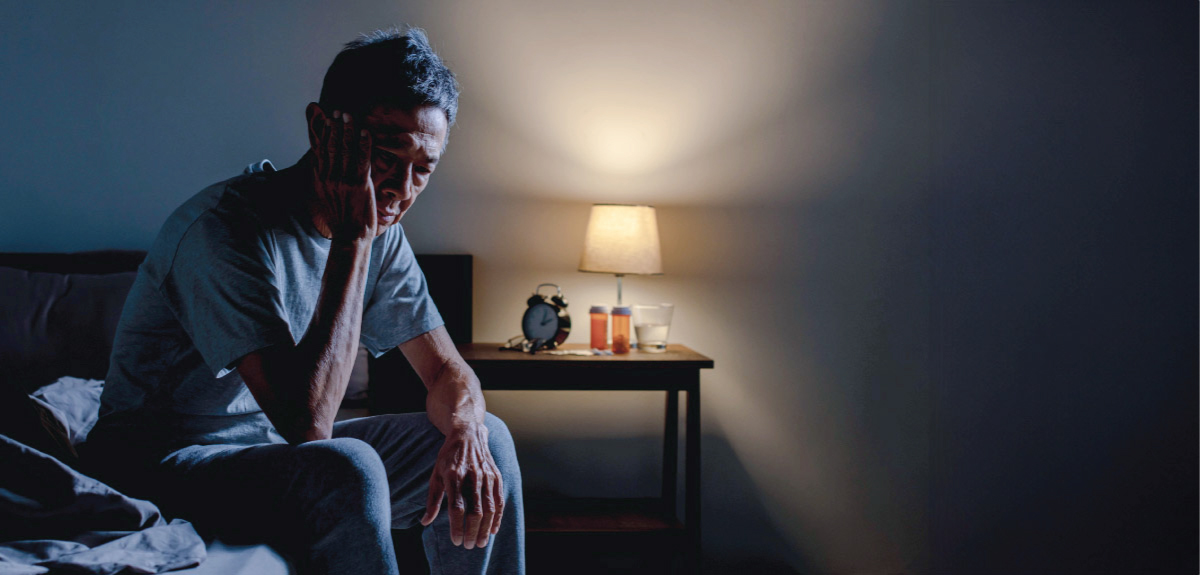Prostate health 101: what every man should know
June 16, 2025
For many men, the prostate is a bit of a mystery. You may have heard of it—especially when it comes to prostate cancer—but might not know what it is or what it does. Learning more about the prostate, the problems it can cause, and how to keep it healthy is an important part of taking care of your health.
What is a prostate?
The prostate is a small gland that's part of the male reproductive system. Its main job is to help make semen, the fluid that carries sperm. It’s located just below the bladder and in front of the rectum, and it wraps around the tube that carries urine and semen out of the body.
As men get older, the prostate usually gets bigger. Sometimes, if it grows too much, it can lead to health problems. Let’s take a look at some of those problems, how to spot them, and what you can do to help prevent them.
Common prostate problems
There are a few common problems that can affect the prostate. Some are more serious than others, but it’s important to know the signs so you can get help if needed.
- Acute bacterial prostatitis. This is a sudden infection of the prostate, usually caused by bacteria. If you have pain when you pee, a weak stream, or a fever and chills, see your doctor right away.
- Chronic prostatitis (chronic pelvic pain syndrome). This condition is more common, but we’re not exactly sure what causes it. It can cause ongoing pain in the lower belly or pelvis, a burning feeling when you pee, needing to pee often, trouble fully emptying your bladder, or even pain when ejaculating.
- Benign prostatic hyperplasia (BPH). BPH, also known as an “enlarged prostate,” is not cancer. It usually happens as men get older, especially after age 50. Many men have no symptoms, but some may notice a slow or weak urine stream, trouble starting to pee, or waking up more than twice a night to go to the bathroom.
- Prostate cancer. About 1 in 8 men will be diagnosed with prostate cancer during their lifetime. It’s the second leading cause of cancer death in men in the U.S. Prostate cancer happens when cells in the prostate grow out of control. In later stages, it can spread to other parts of the body.
Preventing prostate cancer and staying healthy
Some things that increase your chance of getting prostate cancer can’t be changed, like your age and family history. For example, African American men have about twice the risk of getting prostate cancer. Also, if a close family member has had it, your risk is higher.
But the good news is, there are healthy habits you can follow to lower your risk and keep your prostate healthy:
- Make healthier choices when eating. Try to eat more plants like fruits and vegetables, and healthy fats found in foods like avocados and olives. Avoid processed foods because they can cause inflammation in your body.
- Drink less and quit smoking. Smoking and drinking too much alcohol can cause harmful inflammation. Quitting smoking lowers your risk of many cancers, including prostate cancer.
- Be more active. Exercise regularly — it helps your overall health and your prostate.
- Get your screenings. Talk to your doctor about getting a prostate exam during your yearly check-up once you turn 50. You might need to start earlier if you have higher risks.
Talk to your doctor
If you notice any changes like pain or burning when you pee, trouble starting or stopping your urine, waking up a lot at night to go to the bathroom, or pain in your lower belly or back, don’t wait—talk to your doctor right away.
Remember, not every man has the same symptoms, and these can change as you get older. That’s why it’s important to keep up with your regular check-ups and pay attention to how your body feels. The sooner you catch any problems, the easier they are to treat.

Need a primary care physician?
When it comes to your health, you want nothing but the best. With same-day appointment availability, our Saint Agnes Care providers are ready to provide care for you and your family.
Find a provider